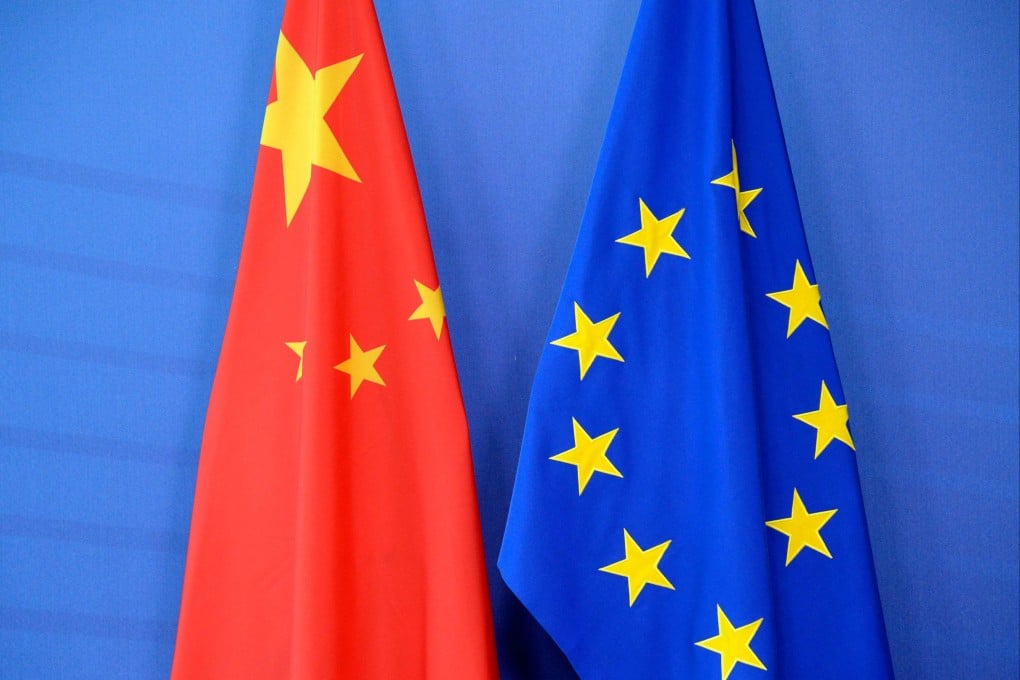EU reaches deal on forced labour ban, with China’s Xinjiang in its sights
- Provisional agreement would target sectors and regions profiting from state-imposed forced labour based on database drawn up by European Commission
- Unlike American ban, which specifically targets goods made in Xinjiang, it will apply to products from all over the world, including the EU

The ban, which still needs to be approved by the European Parliament and the Council – made up of EU member states – will target specific economic sectors in places where state-imposed forced labour exists, based on a database drawn up by the European Commission.
China is not named in the documentation, given the need to comply with World Trade Organization rules. But the initial proposal was driven by widespread allegations of state-sponsored forced labour in the Chinese region of Xinjiang, which Beijing denies.
Nonetheless, unlike a US ban which specifically targets goods made in Xinjiang, it will apply to products from all over the world, including the EU.
Negotiators clashed over who would administer the ban, with its global remit expected to be a drain on resources. Commission sources on Tuesday said member states would need to afford them more staff to enforce the ban, “otherwise this is just headlines”.
As part of an early-morning deal reached by lawmakers from the parliament and council diplomats, the commission will investigate companies’ supply chains if suspicions are flagged outside the EU. Individual member states will investigate instances within the union.
“It is appalling that in the 21st century slavery and forced labour still exist in the world,” said Pierre-Yves Dermagne, the deputy prime minister of Belgium, which holds the rotating EU presidency, prioritised the ban.
“This hideous crime must be eradicated and the first step to achieve this consists in breaking the business model of companies that exploit workers.”
